People
Directors

John Torpey
Director, Ralph Bunche Institute
Presidential Professor, Sociology
jtorpey@gc.cuny.edu
@JohnCTorpey
John Torpey is Presidential Professor of Sociology and History and Director of the Ralph Bunche Institute for International Studies at the Graduate Center of the City University of New York. He is the author or editor of a number of books, including Intellectuals, Socialism, and Dissent: The East German Opposition and its Legacy (University of Minnesota Press, 1995); The Invention of the Passport: Surveillance, Citizenship, and the State (Cambridge Press, 2000; 2nd ed. 2018); Documenting Individual Identity: The Development of State Practices in the Modern World (edited with Jane Caplan; Princeton UP, 2001); Politics and the Past: On Repairing Historical Injustices (Rowman & Littlefield, 2004); Old Europe, New Europe, Core Europe: Transatlantic Relations after the Iraq War (Verso, 2005), Making Whole What Has Been Smashed: On Reparations Politics (Harvard Press, 2006; paperback edition Rutgers Press, 2017); The Post-Secular in Question (NYU Press, 2012); Legal Integration of Islam: A Transatlantic Comparison (with Christian Joppke; Harvard Press, 2013); Transformations of Warfare in the Contemporary World (edited with David Jacobson; Temple Press, 2017); and The Three Axial Ages: Moral, Material, Mental (Rutgers Press, 2017).
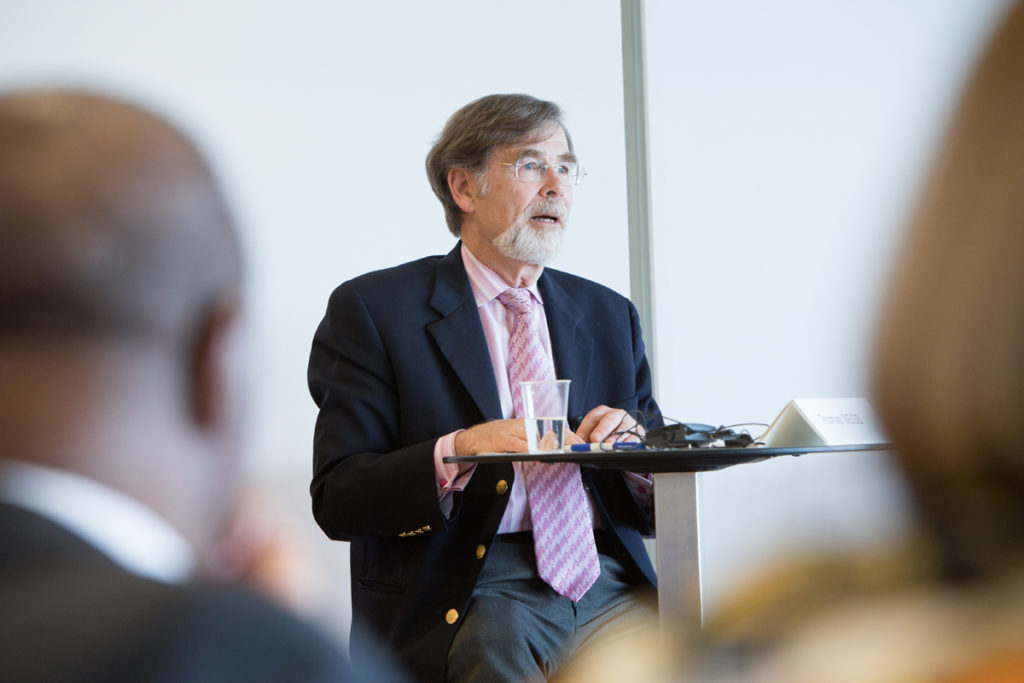
Thomas G. Weiss
Director Emeritus, Ralph Bunche Institute
Presidential Professor, Political Science
tweiss@gc.cuny.edu / CV
Thomas G. Weiss is Presidential Professor Emeritus of Political Science at The CUNY Graduate Center and Director Emeritus of its Ralph Bunche Institute for International Studies. He is Distinguished Fellow, Global Governance, The Chicago Council on Global Affairs; and Global Eminence Scholar, Kyung Hee University, Korea.
He has written extensively about multilateral approaches to international peace and security, humanitarian action, and sustainable development. Recent books include: The “Third” United Nations: How a Knowledge Ecology Helps the UN Think (2021); Rethinking Global Governance (2019); The United Nations and Changing World Politics (2019). Among his recent edited volumes are International Organization and Global Governance (2023), Cultural Heritage and Mass Atrocities (2022), and Global Governance Futures (2022).
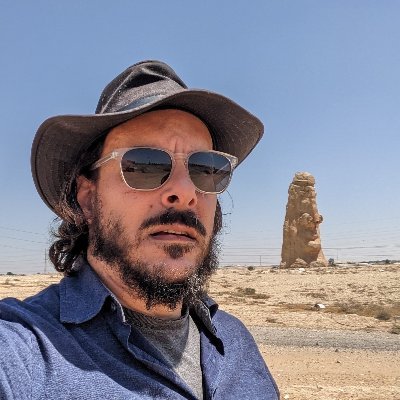
Eli Karetny, PhD
Deputy Director, Ralph Bunche Institute
Lecturer, Baruch College-CUNY
ekaretny@gc.cuny.edu
@ekaretny
Eli Karetny is the RBI’s deputy director and serves as the head of programs and operations. Eli is the Principal Investigator on the Institute’s core research projects, he oversees relations with sponsors, liaises with university administration, and serves as the Institute’s grants manager and financial officer. Eli works closely with the RBI’s Global Centre for the Responsibility to Protect (GCR2P) and played a central role establishing the Center for the Study of the Holocaust, Genocide, and Crimes Against Humanity (CSHGCAH).
After receiving a JD/MBA from Temple University, Eli served in the Peace Corps in Ukraine, then received a Masters Degree in International Relations from New York University. Eli completed his PhD in Political Science at the CUNY Graduate Center under Corey Robin. His dissertation explored monarchic themes in the work of Leo Strauss, focusing especially on Strauss’s view that teachers and advisors possess almost superhuman powers. Eli teaches political theory and international relations at Baruch College-CUNY and advises the RBI’s Project Directors on strategic and operational issues.
Eli spent a sabbatical year in 2023-2024 researching the Bedouin of the Negev, but after October 7th his focus shifted to exploring how the war in Gaza changes regional dynamics. Eli is a researcher at the Hotam School of Anthroposophy and Kabbalah, which informs his interest in how esoteric traditions and NHI influence human affairs.
Research Associate

Juan Acevedo-Ossa
PhD Candidate – Political Science (International Relations)
jacevedo@gradcenter.cuny.edu
@huanacevedo
Juan Acevedo-Ossa is a PhD Candidate in Political Science specializing in international relations and international political economy with a special focus on multilateralism and leadership in the Global South. He came to the RBI after a spending some years working on international trade in China, Brazil and Colombia, where he also was a professor. He is a seasoned contributor of Foreign Affairs Latin America and Africa is a Country and co-author of the volume Diplomatic Strategies of Nations in the Global South Palgrave (2024). He is also a co-founder and coordinator of the China at CUNY Initiative, the Human Rights Hub, and the Center for the Study of the Holocaust, Genocide, and Crimes Against Humanity. Currently, Juan is studying the determinants of leadership of Global South countries in multilateral fora and the effects of structural power in international organizations.
Project Directors
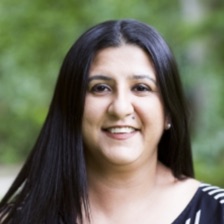
Global Center for the Responsibility to Protect
Savita Pawnday
Executive Director
Global Centre for the Responsibility to Protect
spawnday@globalr2p.org
@Savita_Pawnday
Savita Pawnday became Executive Director of the Global Centre in October 2021 after serving as Deputy Director for 10 years. Prior to joining the Global Centre for the Responsibility to Protect, she was a research associate at the Program on States and Security at the Ralph Bunche Institute for International Studies. Savita has worked in Zimbabwe, Zambia and Malawi with Catholic Relief Services, in New York with Trickle Up, a microfinance NGO, and in India at Akanksha. She holds a M.A. from Fordham University in political economy and development, with a specialization in political economy of civil wars and a B.A. in Economics from St. Xavier’s College, University of Mumbai.
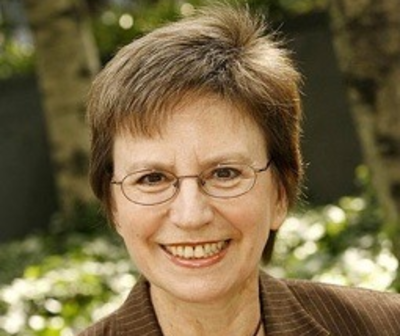
Center for Global Ethics and Politics
Carol Gould
Director, Center for Global Ethics and Politics
Professor, Political Science and Philosophy, Hunter College and The Graduate Center
cgould@gc.cuny.edu
Carol Gould is Director of the Center for Global Ethics & Politics at the Ralph Bunche Institute for International Studies and Distinguished Professor in the Philosophy Department at Hunter College. Additionally, she serves on the faculty of the doctoral programs in Philosophy and Political Science at the Graduate Center of the City University of New York. She is Editor of the Journal of Social Philosophy. Carol’s books include Marx’s Social Ontology: Individuality and Community in Marx’s Theory of Social Reality (1978); Rethinking Democracy: Freedom and Social Cooperation in Politics, Economy, and Society (1988); and Globalizing Democracy and Human Rights (2004), which won the 2009 David Easton Best Book Award from the American Political Science Association. She is currently completing a new book entitled Interactive Democracy: The Social Roots of Global Justice, to be published by Cambridge University Press. She is currently co-directing the Mellon Sawyer Seminar Series, at the Graduate Center entitled “Democratic Citizenship and the Recognition of Cultural Differences.”
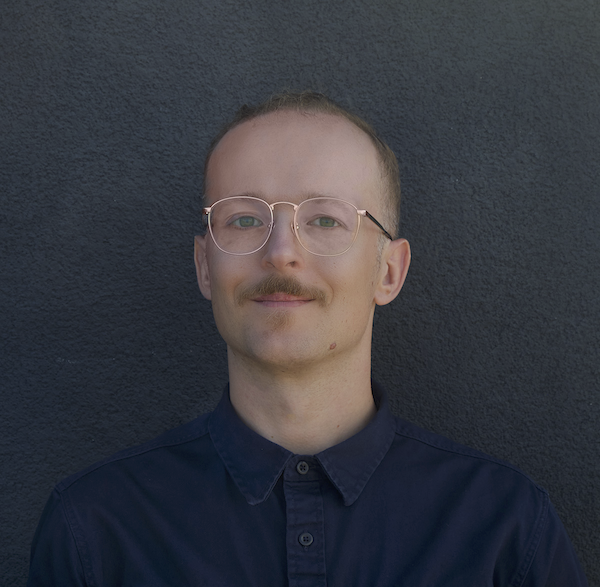
European Union Studies Center
Lukasz Chelminski
Director, Center for Global Ethics and Politics
Professor, Political Science and Philosophy, Hunter College and The Graduate Center
lchelminski@gradcenter.cuny.edu
Lukasz Chelminski is the Assistant Director of the European Union Studies Center, organizing EUSC events, collaborating with scholars as well as other institutions. He has taught at Brooklyn College, The Cooper Union and Queens College. He is currently a digital pedagogy specialist at the Baruch College Center for Teaching and Learning and was previously an instructional technology fellow at the Macaulay Honors College at CUNY. His dissertation is provisionally titled Émigrés as Aneks. It follows a group of Warsaw University students whose protests in 1968 are met with an anti-Semitic government campaign that forces many of them into exile, where they create a publication that will be sent back into Poland as a way to stay in touch with the milieu they left behind. He is currently translating the dispatches from Ukraine of Paweł Pieniążek, a Polish journalist and war correspondent, which are being published on The New School’s Democracy Seminar website.

Center for the Study of the Holocaust, Genocide, and Crimes Against Humanity.
Debórah Dwork
Founding Director,
Center for the Study of the Holocaust, Genocide, and Crimes Against Humanity
ddwork@gc.cuny.edu
CV
Debórah Dwork is the Founding Director of the Center for the Study of the Holocaust, Genocide, and Crimes Against Humanity at the Ralph Bunche Institute for International Studies, Graduate Center — CUNY. Pathbreaking in her early oral recording of Holocaust survivors, Dwork weaves their narratives into the history she writes. Her award-winning books include Children With A Star; Flight from the Reich; Auschwitz; and Holocaust. Renowned for her scholarship on Holocaust history, she is also a leading authority on university education in this field: she changed the academic landscape, envisioning and actualizing the first doctoral program in Holocaust History and Genocide Studies. Recipient of the International Network of Genocide Scholars Lifetime Achievement Award (2020), Debórah Dwork has been a Guggenheim Fellow, a Fellow at the Woodrow Wilson International Center for Scholars, and an ACLS Fellow. She currently serves on the U.S. delegation to the 34-member state International Holocaust Remembrance Alliance.
